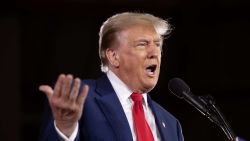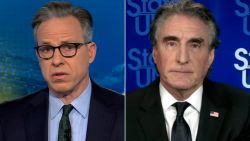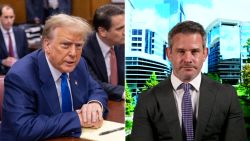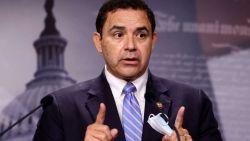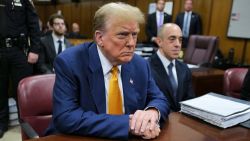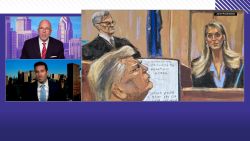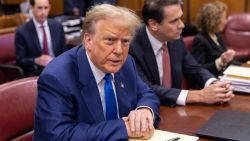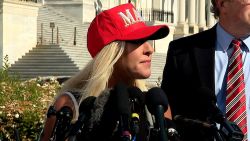It started as a political protest in the nation’s capital over a disputed election, but it quickly turned into an all-out assault.
Armed right-wing militia and a mob of enraged demonstrators stormed the building where lawmakers had gathered to vote on a new government. The insurrectionists tried to break through the doors to the building where lawmakers met, but riot police stopped them at the barricades. As both sides battled one another on that chilly winter day, frightened lawmakers fled their chambers as the mob called for their hanging. Many people were injured, and some killed.
We’re talking, of course, about the insurrection of February 6, 1934 — an infamous day when thousands of fascists and militia members tried to topple a democratically elected government in France.
The French government survived that attack, but the political battle that followed proved to be more consequential. A committee was formed to investigate the insurrection, but right-leaning politicians rejected its findings and constructed an alternative narrative that cast the insurrectionists as victims of overzealous police and true patriots. No one was really held accountable, and politicians who encouraged or justified the insurrection that day remained in power.
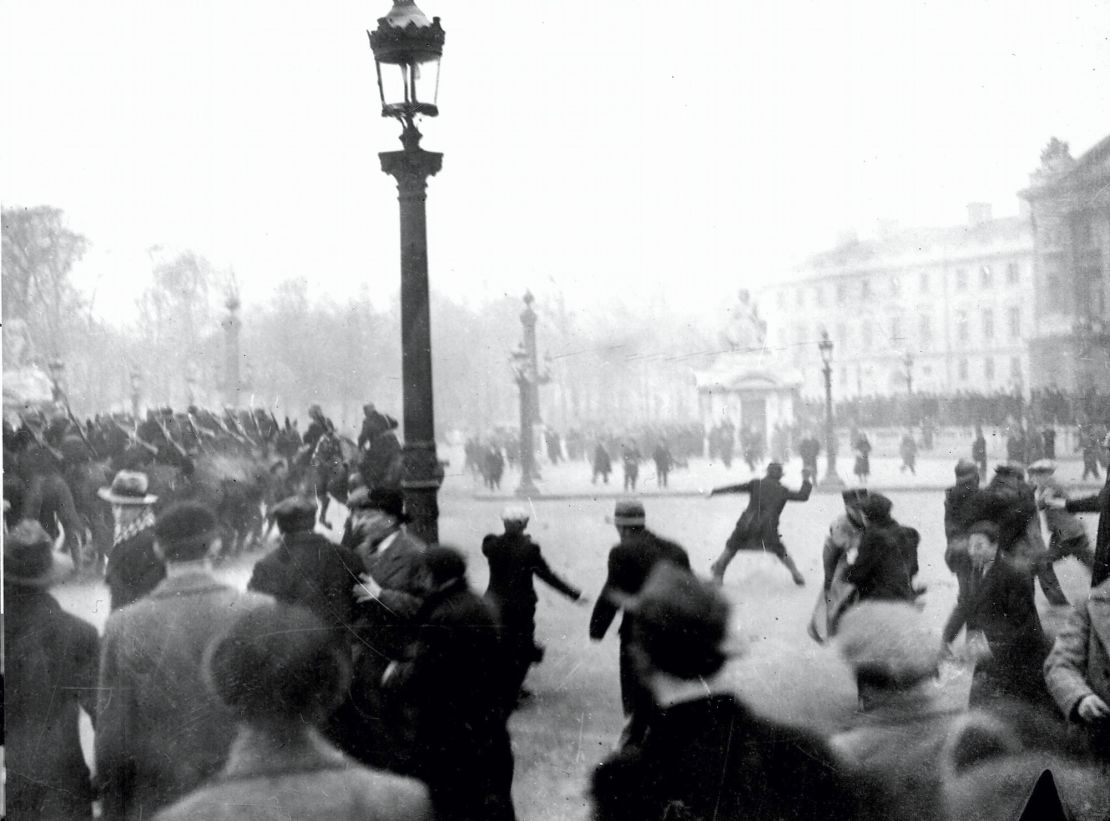
A description of the 1934 riot comes midway through “Tyranny of the Minority: Why American Democracy Reached the Breaking Point,” by Steve Levitsky and Daniel Ziblatt. Their new book, which argues that the US must reform its Constitution and political institutions because they are dangerously antiquated, offers a chilling postscript to the French insurrection.
“In the absence of accountability for the events of February 6, French democracy was badly weakened. Within six years, it would be dead,” the authors write.
Could the same fate await the US? This is the question that haunts every page of their impassioned book.
Schools often teach children that the Founding Fathers were political geniuses in powdered wigs who created a democratic system that remains envied throughout the world. But the “Tyranny of the Minority” makes another argument: The Founding Fathers didn’t intend to create what contemporary Americans would call a democracy.
The book’s authors say the Founding Fathers were progressive and even radical for their time, but they birthed a now-outdated political system that allows a partisan minority in the US to thwart the popular will and rule over popular majorities.
Levitsky and Ziblatt write with the same clarity that turned their previous book, “How Democracies Die,” into a bestseller. They direct some of their most pointed criticisms at contemporary politicians who they describe as “semi-loyal’ to democracy because they refuse to work with ideological rivals even when democracy is on the line.
The January 6 insurrectionists who stormed the Capitol building and the politicians who use openly authoritarian language are often depicted as the biggest threats to democracy. Yet “democracy’s assassins” always have political accomplices who appear to abide by democratic norms but quietly undermine them, the authors say.
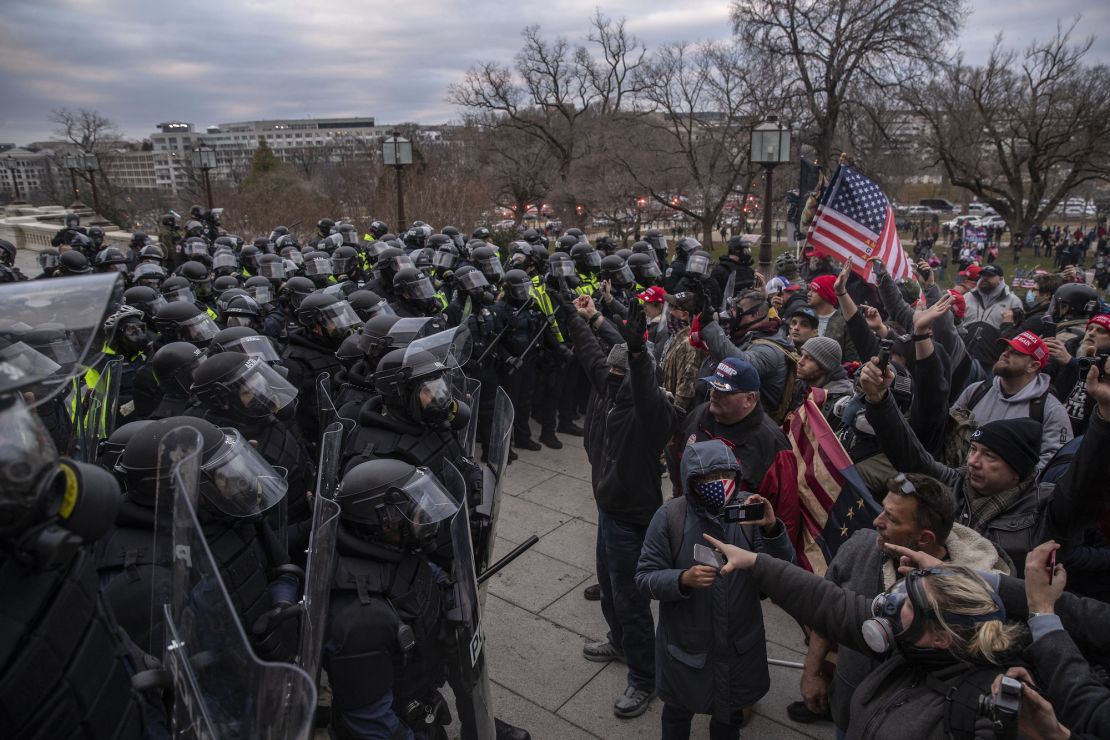
“Many of the politicians who preside over a democracy’s collapse are just ambitious careerist trying to stay in office or perhaps win a higher one,” they write. “They do not oppose democracy out of deep-seated principle but are merely indifferent to it. They tolerate or condone antidemocratic extremism because it is the path of least resistance. These politicians often tell themselves they are doing what’s necessary to get ahead. But, ultimately, they become indispensable partners in democracy’s demise.“
Levitsky and Ziblatt recently talked to CNN. Their comments were edited for brevity and clarity.
You say in your book that America will either become a multiracial democracy or cease to be a democracy at all. Is that hyperbole? Is the choice really that stark?
Levitsky: Given the demographics of the country, it’s not hyperbolic at all. Given the numbers in this country, the only way to not empower the emerging multiracial majority in this country is through nondemocratic means. For many years in this country, prior to 1965 [when the Voting Rights Act was passed] when the demographics were different, we had what we called a democracy. But it was not providing rights and protection to all members of the community. It’s only in 1965 that we started to have this conversation about a true multiracial democracy.
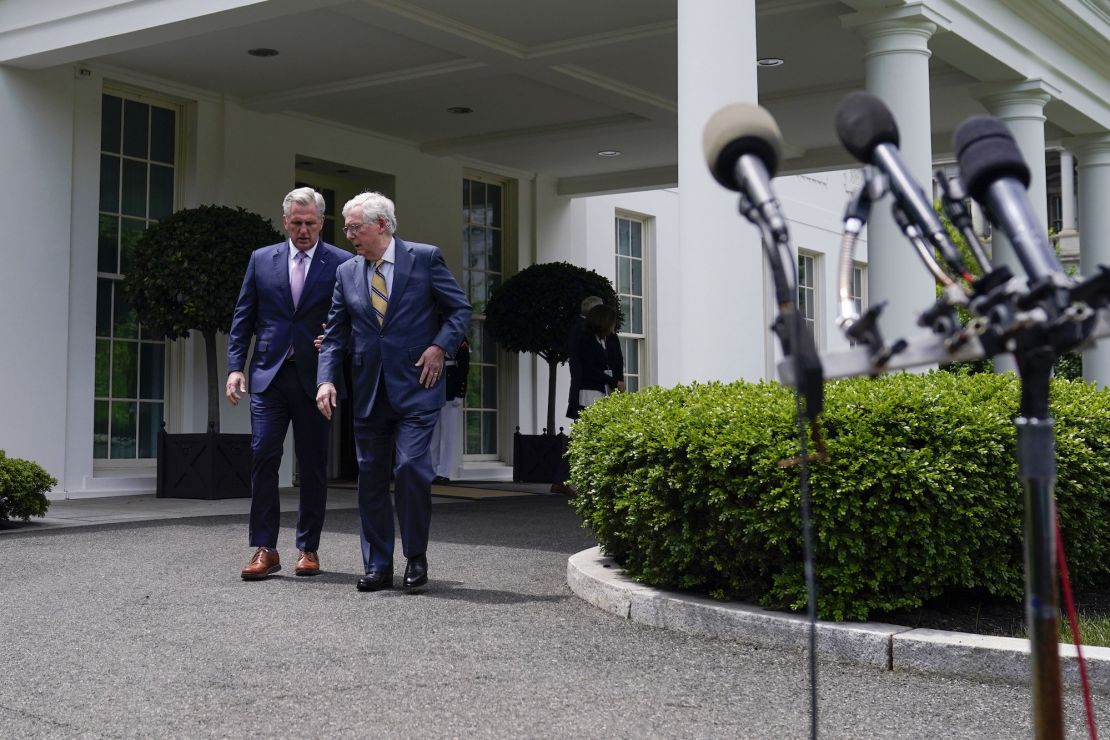
One former Republican governor recently called Trump “f ***ing crazy” and a “three-time loser.” But when asked if he would vote for him in the next presidential election he said yes, because “I just want Republicans to win.” Is this an example of the type of politician you say is “semi-loyal” to democracy?
Ziblatt: Yes. The test that we propose for being committed to democracy is that you of course have to reject violence. You have to accept election results. That almost goes without saying. There is a third really essential criteria, which is that you distance yourself from, you condemn, and you do not support people who engage in those first actions. That’s when democracies get in trouble. That’s what we’re seeing with political leaders who say a person is a threat to democracy, they won’t recognize elections and that’s unacceptable. But then they simply turn a blind eye for partisan reasons.
The parallels you draw between what happened in Paris on February 6, 1934, and what happened in Washington on January 6 are pretty unsettling. What is the lesson of February 6 for Americans today?
Ziblatt: The lesson is that if you don’t hold bad actors to account legally and politically, then you are putting your democracy at grave threat. So you need to of course hold people who attack Congress or parliament buildings to account legally, but they also have to be held accountable politically. You need to take a sharp stand against political leaders who participate in this because if you don’t, these same actors will come back another day and do serious damage.
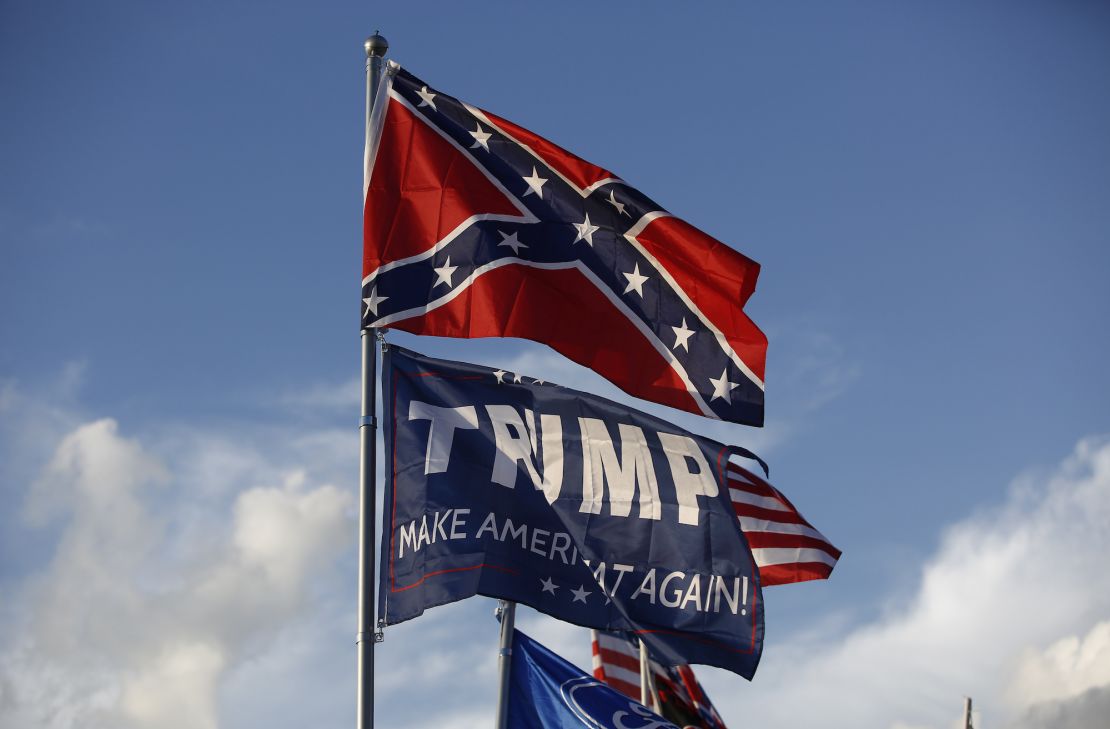
A lot of books and articles have warned that Trump is destroying democracy and becoming an authoritarian leader. Scholar Robert Kagan recently wrote a widely shared essay with the headline, “A Trump dictatorship is increasingly inevitable. We should stop pretending.” Is the fear of Trump become a dictator exaggerated?
Levitsky: I’m glad Bob wrote that piece because I think that we are continuing to sleepwalk through a very dangerous situation. Donald Trump’s campaign this year is the most openly authoritarian campaign I’ve seen (from) any candidate anywhere in the world since World War II. He is publicly promising to do things that I’ve never seen any candidate anywhere in the world promise to do since World War II. Hugo Chavez didn’t say these things. [Recep Tayyip] Erdogan didn’t say these things. [Viktor] Orban didn’t say these things. Even [Vladimir] Putin didn’t say these things when he first ran for office.
In the book, you said the Founding Fathers were quite radical and progressive for their time, but they did not aspire to build what we call a democracy today. I think that would surprise most people. Could you explain?
Ziblatt: What was radical about what they were proposing to do is that they were trying to create a large political system without a king. That was radical. And so was giving power to citizens even in a limited scope to determine the form of government. They were not interested in making a modern representative democracy as we have today insofar as they were not interested in having full voting rights for everybody or full civil rights. That only came about over time, over the course of the 20th century.
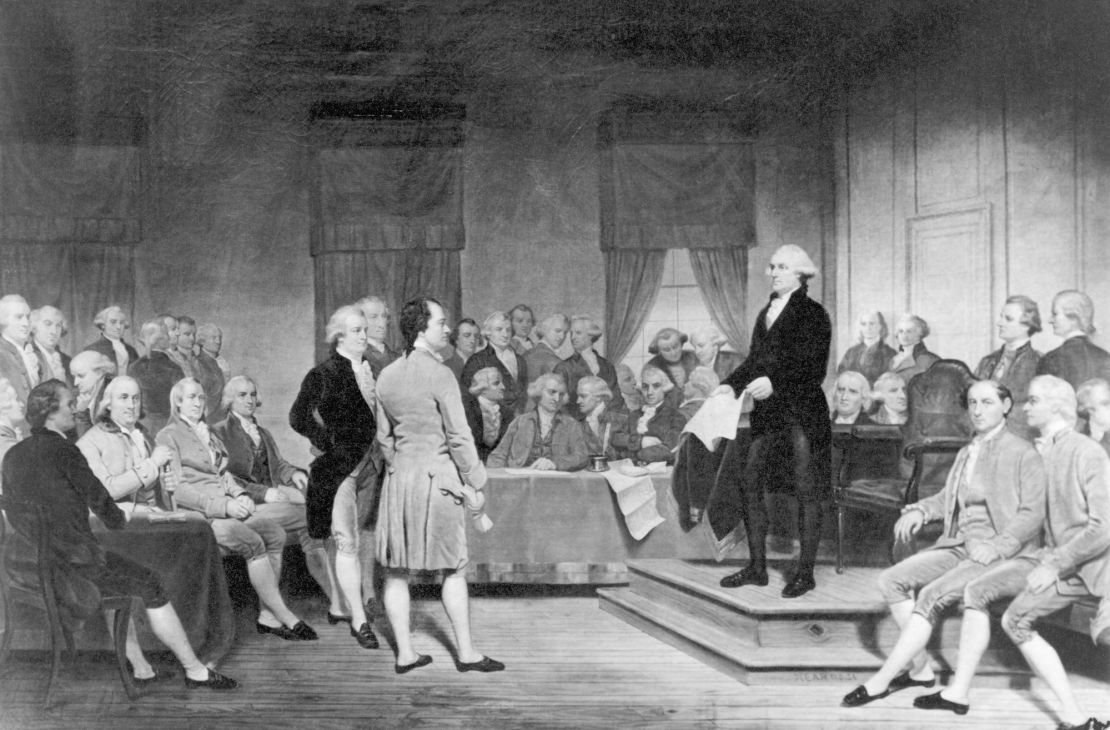
What role did race play in the creation of the Electoral College?
Levitsky: It did have a role. The framers were almost operating completely blind in devising a system to select the president. We were the first large state in modern history to try to elect a government that wasn’t a king, and they had no idea how to do it. There were some in the Constitutional Convention who advocated for a direct popular vote for the president. But it was voted down in part because Southern slave states worried that they would be outnumbered by the North, and that would put slavery at risk. The Southern slave states objected to a direct presidential election because they feared they would lose and that would put slavery at risk. The compromise solution, after all the other alternatives were voted down, was the Electoral College.
You write that White racial resentment was central to the rise of Donald Trump. But some critics have pointed out that there were other sources for Trump’s popularity, like his defense of gun rights and his nostalgic patriotism. Is citing White racial resentment too simplistic in explaining Trump’s popularity?
Levitsky: Voters are complex. You can’t make perfect generalizations about any voting bloc. And they don’t vote only because of their ethnic background. I don’t think that takes away from the argument, and there’s an awful lot of data behind the fact that especially in the primaries — but also in the general election — one of the prime factors associated with support for Trump was White racial resentment, or a view that American society and culture are changing in ways that are deeply threatening. It’s much more complex than a racial vote. It’s better characterized as about status loss.
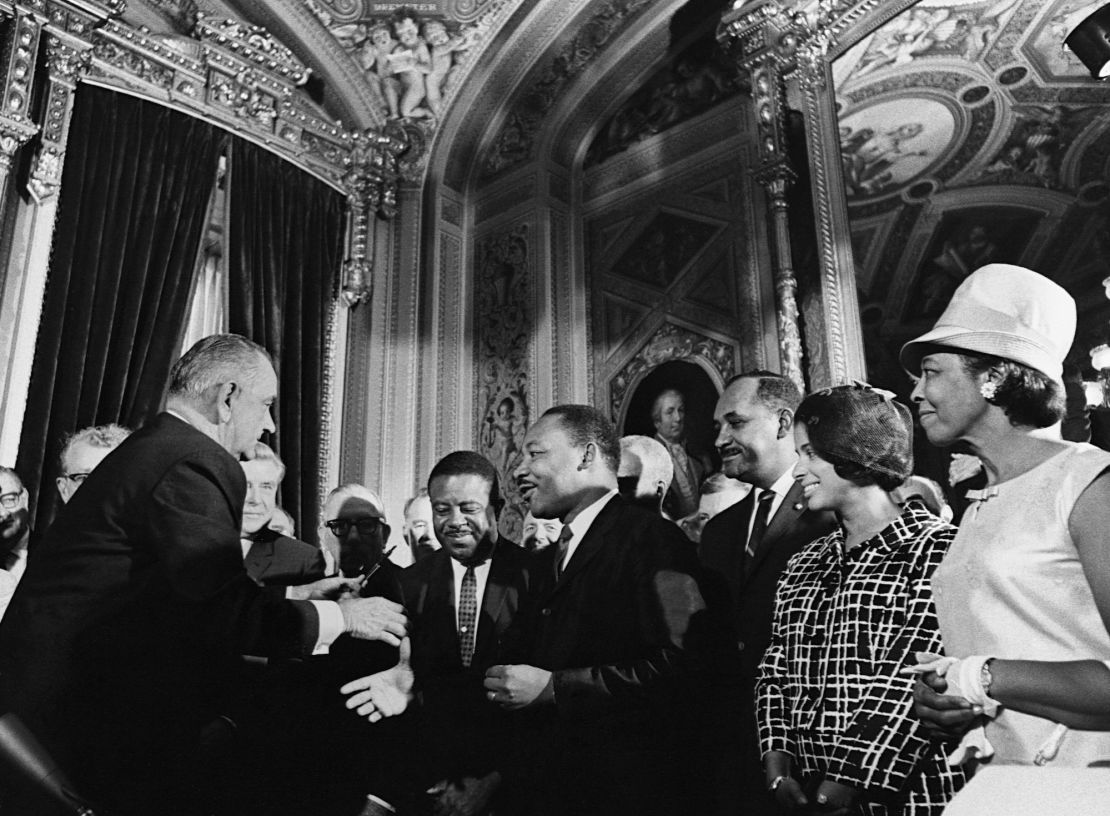
For a couple hundred years in this country, White men sat on top of every single social political, economic, and cultural hierarchy that we had. That is changing quite rapidly over the last few decades. And we’ve really begun in the 21st century to see the effects of that change, whether it’s an African American family in the White House or nonwhite or mixed-race families on television screens, or discussions in newsrooms or in classrooms questioning long-established narratives of history that downplayed or ignored race.
These things are happening in the 21st century in a way that never happened before and are seriously challenging the long-established racial hierarchy. And there’s pretty good evidence that this has … not only given rise to MAGA but is its principal contributor.
You write in your book about American democracy reaching a breaking point, and this being an unprecedented moment. But critics say there was, for example, more political violence in the late 1960s. The country seemed to be coming apart then with civil disorder and political assassinations.
Levitsky: One fundamental difference between the late Sixties and today is that in the late Sixties, the political conflict and violence were not partisan. The two major parties, from top to bottom, were not very polarized and remain committed to playing by the democratic rules of the game. The two major parties were able to eventually maintain the democratic system and eventually muddle through without great damage to our democracy.
The difference now is that one of our two major political parties is no longer committed to democracy. And you’ve got to go back to Reconstruction to find that. When this level of political polarization, conflict and even violence enters the party system and becomes politicized in this way, it’s much more dangerous for our democracy. That’s why nothing remotely like January 6th or the effort to overturn an election occurred in the late Sixties.
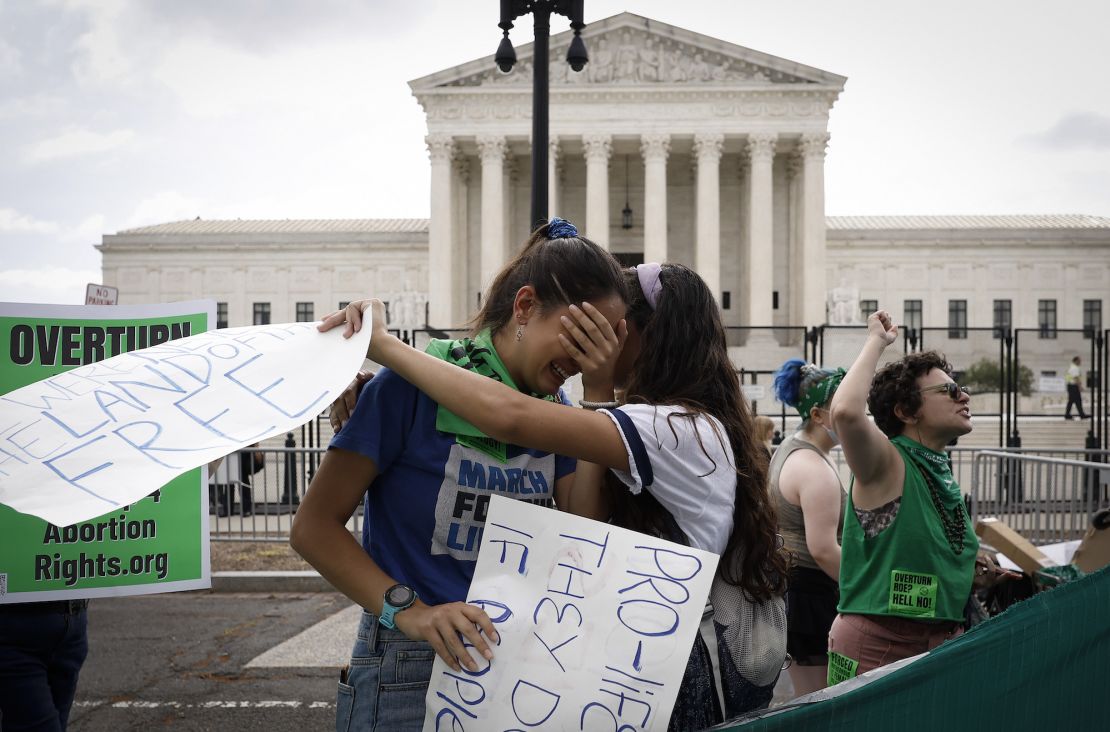
How worried are you as you look toward next year’s presidential election?
Ziblatt: The prospect of a Trump presidency should frighten all of us. We should take his promises very seriously. He’s advertising his authoritarianism. The good news is most Americans actually are liberal minded, committed to democracy. They don’t want a political system that’s authoritarian. The bad news is that the coalition that is in support of that could easily fracture. It’s a big coalition, and there are a whole set of factors that could weaken that coalition and fracture it. The war between Israel and Hamas could drive a perfect wedge in the broad coalition against Trump.
We have to keep our eye on the prize, and we have to understand that the most essential thing for any American is to make sure that you don’t elect an autocrat. All other issues are secondary.
John Blake is the author of “More Than I Imagined: What a Black Man Discovered About the White Mother He Never Knew.”



